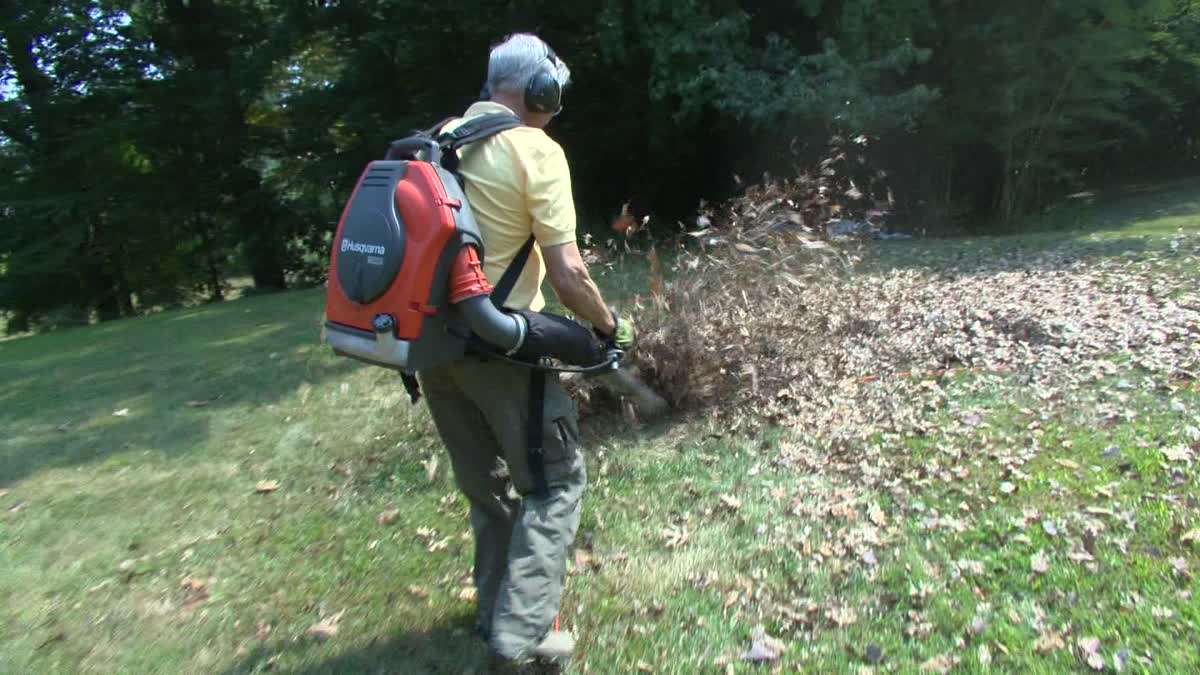Chicago's top doctor warned Tuesday against taking ivermectin to treat or prevent COVID-19, joining a chorus of health officials urging the public to avoid the parasite medicine typically used on horses and cattle.
"First and foremost, do not ever, please, take any medicine that is formulated for animals. It's dangerous, and it can really be a problem," said Chicago Department of Public Health Commissioner Dr. Allison Arwady.
Ivermectin is a deworming drug used in veterinary medicine, according to Arwady, and has been causing "all kinds of issues" in humans who decide to consume it, such as liver problems and nausea.
According to the U.S. Food and Drug Administration, ivermectin overdose symptoms include nausea, vomiting, diarrhea, low blood pressure, allergic reactions, dizziness, problems with balance, seizures, coma and death.
Feeling out of the loop? We'll catch you up on the Chicago news you need to know. Sign up for the weekly Chicago Catch-Up newsletter here.
"I would encourage anybody who's having serious signs of COVID, please don't wait go to your doctor and have a conversation about treatments," Arwady added.
She said there are some trials that are planning to look at ivermectin as a COVID treatment, similar to other medications, but there's no evidence at this point that the parasite drug has any impact on preventing the coronavirus.
"I am a little surprised I guess that there are people who want to take a veterinary medicine that is not FDA approved but then, you know, don't want to take the vaccine that has had, you know, really widespread human trials and is [FDA] approved," Arwady said.
Local
The FDA has also urged people to stop taking the veterinary drug to treat or prevent COVID after receiving multiple reports of patients who have been hospitalized after "self-medicating with ivermectin intended for horses," according to the federal agency.
"You are not a horse. You are not a cow. Seriously, y'all. Stop it," the FDA tweeted from its official account on Saturday, alongside a consumer update detailing why the drug can be unsafe for humans.
Ivermectin has been promoted by Republican lawmakers, conservative talk show hosts and some doctors, amplified via social media to millions of Americans who remain resistant to getting vaccinated. It has also been widely used in other countries, including India and Brazil.
Federal health officials have seen a surge in prescriptions this summer, accompanied by worrying increases in reported overdoses. The drug was even given to inmates at a jail in northwest Arkansas for COVID-19, despite federal warnings against that use.
Last week, podcaster Joe Rogan, who has been dismissive of the COVID-19 vaccine, announced he had tested positive for the virus and was taking the medication.
At the same time, the top U.S. professional groups for doctors and pharmacists appealed for an “immediate end” to the drug’s use outside of research.
“We are urging physicians, pharmacists, and other prescribers — trusted healthcare professionals in their communities — to warn patients against the use of ivermectin outside of FDA-approved indications and guidance,” said the American Medical Association and two pharmacist groups.
Louisiana and Washington issued alerts after an uptick in calls to poison control centers. Some animal feed supply stores have run out of the drug because of people buying the veterinary form to try and treat COVID-19.
The drug has also been at the center of legal cases in recent weeks.
A judge ruled Monday that an Ohio hospital cannot be forced to give a patient ivermectin for COVID-19, reversing an earlier decision that ordered it to administer the parasite medication.
In an 11-page decision, Hamilton County Common Pleas Judge Michael Oster Jr. wrote that there “was no doubt that the medical and scientific communities do not support the use of ivermectin as a treatment for Covid-19.”
Based on the current evidence, Oster wrote, the drug “is not an effective treatment for Covid-19.”
The World Health Organization, the National Institutes of Health and other medical experts have also recommended against using it outside of carefully controlled patient studies. An NIH panel found “insufficient evidence” for or against the drug for COVID-19, calling for more large, well-designed trials.
Large studies are now underway in the U.S. and overseas to determine if the drug has any effect on preventing or blunting COVID-19.



